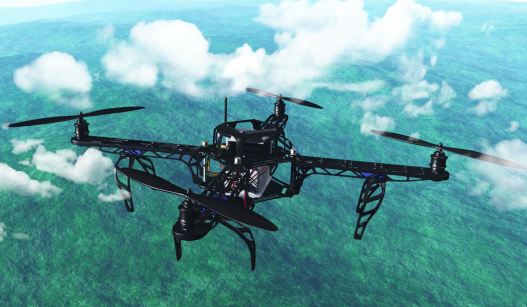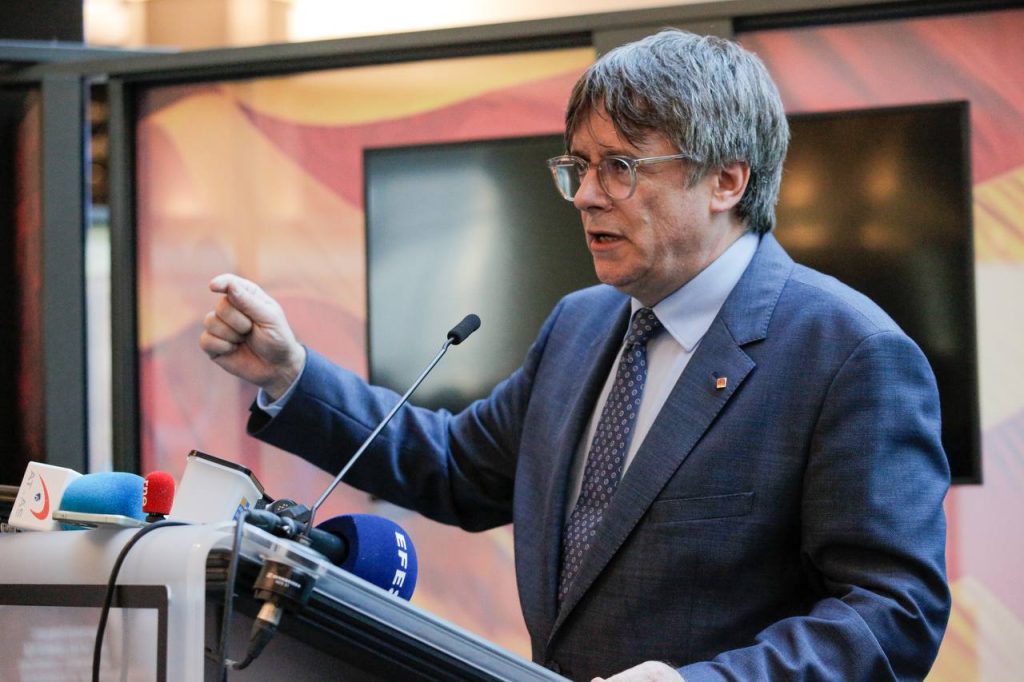
U.S. INCREASES MILITARY AID TO GUYANA IN THE FACE OF VENEZUELAN THREATS
By Óscar Ruiz / Escudo digital
The U.S. government is increasing its urgent military assistance to Guyana, according to official sources informed last Monday, February 5, and, according to their own words, the main reason would be that neighboring Venezuela is threatening to take over the Essequibo region and has been claiming for a long time.
Washington is pledging to help Guyana buy planes, helicopters, a fleet of military drones and, for the first time, American radar technology. Details are not entirely clear and Guyanese officials declined to say when or how much the commercial transaction would amount to.
Confirmation of the plan came a day after U.S. Deputy National Security Advisor Jon Finer met with officials in the capital Georgetown to discuss how to improve Guyana’s defense capabilities. His visit was the latest in a series of engagements by US administration and defense political heavyweights, including Secretary of State Antony Blinken, on improving Guyana’s ability to defend itself against external threats (Venezuela). Guyana’s president has said for his part that his administration will soon purchase a fleet of at least four U.S. helicopters, along with drones, fixed-wing aircraft and other types of systems.
Advisor Finer, addressing reporters, has stated; “This cooperation is fundamentally defensive in nature and is based on our desire for Guyana to be able to defend its territorial integrity against any possible external threat.” He added that “we do not believe it is appropriate for countries to publicly threaten or contemplate the use of force against another country”. This was obviously a reference to Venezuela, which amassed a small number of troops along its eastern border late last year and threatened to annex Guyana’s mineral-rich Essequibo region after holding a popular referendum (which it won in an overly exaggerated manner) to approve the illegal annexation of that region.
Tensions between the countries cooled after talks brokered by Brazil and Caribbean leaders last December 2023. Shortly thereafter, in late January 2024, a second round of talks attended by several foreign ministers took place in Brazil to prepare for an upcoming summit between Venezuelan President Nicolas Maduro and Guyanese President Irfaan Ali.
At the height of tensions, the U.S. military assisted Guyana with surveillance flights and military advisors who were present for weeks during the crisis to assist the Guyanese army (all camouflaged in military maneuvers), which is under-equipped and has less than 5,000 soldiers for a country of some 800,000 inhabitants.
Although it may also be a “coincidence”, Nicolás Maduro’s recent veto of the opposition candidate María Corina so that she cannot run in the Venezuelan presidential elections later this year has not gone down well in the White House, breaking the Barbados agreements negotiated with Maduro. Any strategy that serves to damage and ultimately overthrow the regime of Nicolás Maduro will be welcomed by the United States, and supporting its neighbor, Guyana, militarily and politically is a good way to do so.
————
This article was originally published in Escudo digital, with whose permission we reproduce it.



